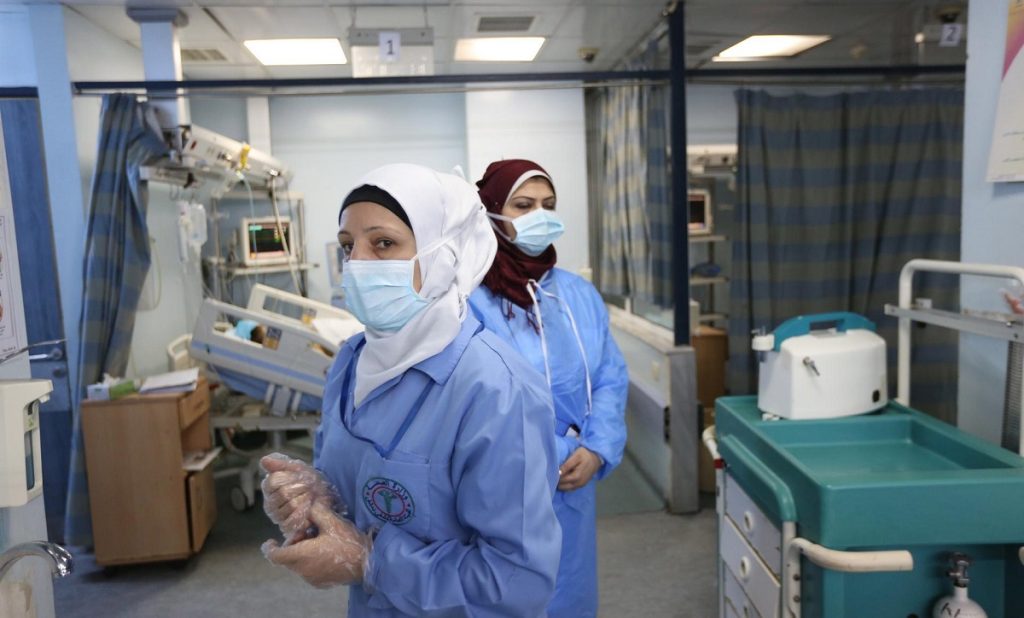The World Health Organisation (WHO) has issued an urgent $56.4 million flash appeal to address critical health needs in Syria, where years of conflict have left the healthcare system in disarray.
Recent developments, including the overthrow of the Assad regime in late November, have compounded the crisis. This has led to widespread population displacement and the return of Syrian refugees from neighbouring countries, adding new pressures to an already overwhelmed system.
Since November 2024, escalating violence has displaced no fewer than 882,000 Syrians, placing further strain on the fragile healthcare infrastructure. Attacks on health facilities have surged, with 37 incidents reported in the past month alone, according to WHO data.
Over half of Syria’s hospitals are now out of operation, while 141 health facilities in northern Aleppo and Idlib are at risk of closure due to funding shortfalls.
“The health infrastructure in Syria is severely strained, more than ever,” said Christina Bethke, acting WHO Representative for Syria. “Our teams are currently providing care through mobile clinics, restoring immunisation services and integrating mental health support into health facilities, especially for those affected by trauma. This appeal is about safeguarding health and dignity while offering Syrians hope for a safer future.”
If fully funded, WHO’s six-month plan will focus on enhancing trauma care, deploying ambulances, restoring maternal and child health services, improving disease surveillance, and ensuring timely patient referrals. The organisation also seeks to improve health system coordination via its hub in Gaziantep, Türkiye, which oversees assistance for approximately five million Syrians, including those in hard-to-reach areas.

Meanwhile, the United Nations High Commissioner for Refugees (UNHCR) has highlighted significant challenges for displaced populations and returning refugees, particularly vulnerable groups such as women, children, and individuals with disabilities.
Refugees returning from neighbouring countries face extreme hardships. Many find their homes destroyed, forcing them to live in overcrowded tents with extended family or endure exorbitant rental costs. The presence of unexploded ordnance (UXO) poses a severe threat, particularly in agricultural areas and former frontline zones.
Returnees also report an urgent need for legal assistance, psychosocial support, and the rehabilitation of schools.
In response, UNHCR partners in Aleppo, Hassakeh, Ar-Raqqa, and rural Tartous have resumed essential protection activities. These include livelihood grants, distribution of relief items, programmes to keep children engaged, sexual violence prevention initiatives, and awareness sessions about UXOs and other hazardous remnants of war.
As the crisis deepens, the combined efforts of WHO, UNHCR, and their partners are critical to addressing immediate health and protection needs, offering hope for recovery amidst immense challenges.


